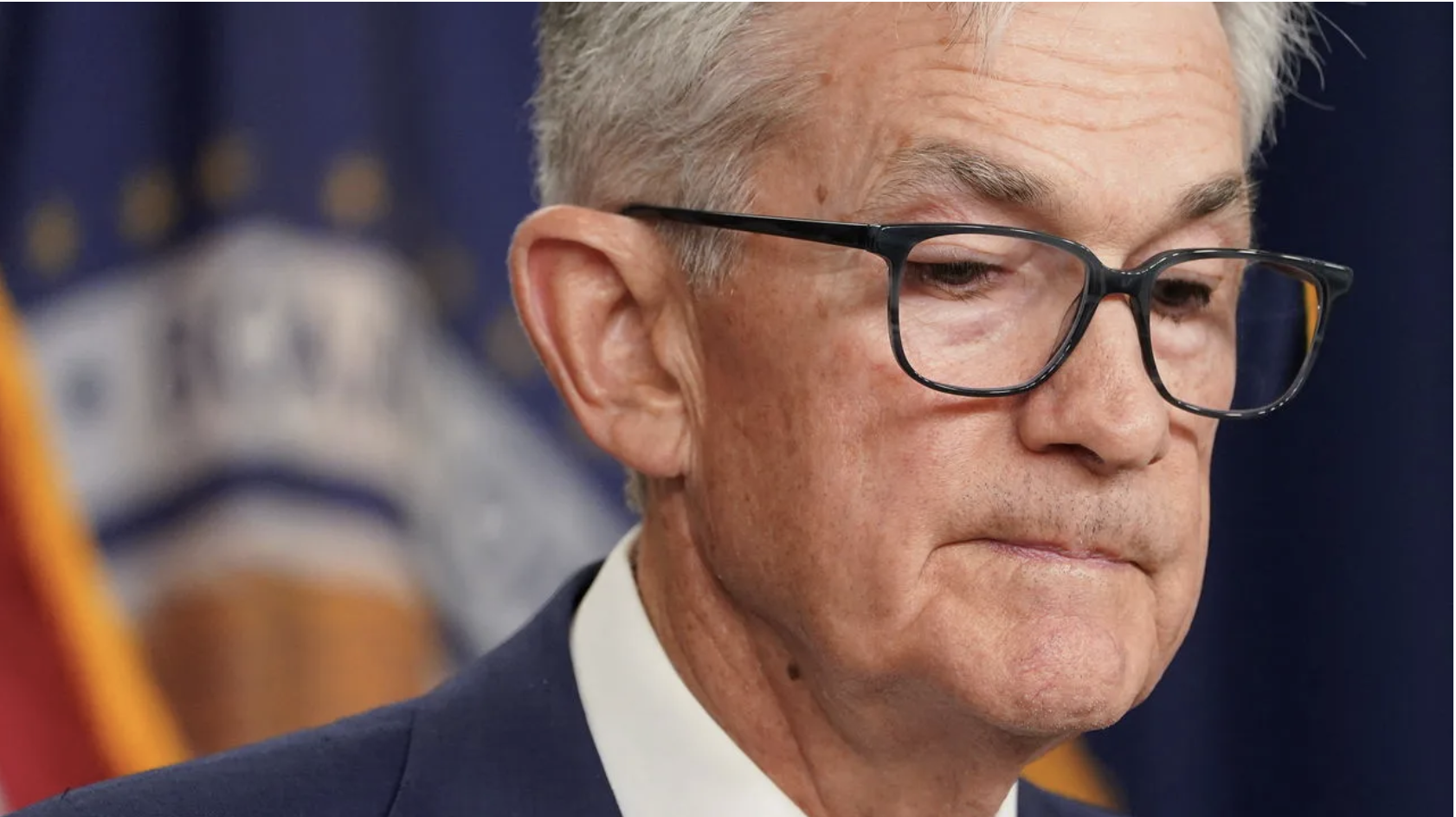Elsewhere, political dysfunction and fiscal frailties are taking a toll
Add monetary policy to the list of ways in which America’s economy stands out. Central banks in Canada, Sweden and the euro zone all recently began cutting interest rates. Yet the Federal Reserve on June 12th again postponed its plans for monetary loosening. Even though rates in America have risen higher than in other big rich countries and inflation is falling, the median Fed rate-setter expects a cut of just one quarter of a percentage point this year. Some monetary divergence is the natural consequence of America’s stronger growth. But what is increasingly striking about America’s relative vigour is how immune it appears to be to the threat of political dysfunction and fiscal frailty—factors that weigh heavily in the rest of the world.
According to the European Central Bank’s latest projections, the euro zone’s economy will grow by 0.9% in 2024. A real-time estimate by the Federal Reserve Bank of Atlanta suggests that America’s is currently growing at more than three times that pace. China is struggling with a property crisis and the threat of deflation; Japan has been defending its weak currency and Britain has become synonymous with dreadful productivity. A combination of strong growth and a strong dollar means that America’s share of global gdp at market exchange rates, which should fall as others catch up to the world’s biggest economy, is instead growing.
Elsewhere, investors are taking fright at election results, especially where governments are fiscally frail. After President Emmanuel Macron announced surprise parliamentary elections on June 9th, French bonds sold off, widening the spread between their yields and those of safe German bunds. The imf reckons France needs fiscal tightening of about 3% of gdp to stabilise its debt by 2029. Yet the ascendant National Rally fought the last parliamentary election on new tax and spending proposals worth perhaps €100bn (3.6% of gdp) a year.
In Mexico the peso has fallen by about 10% against the dollar since the crushing victory of Claudia Sheinbaum, the left-wing presidential candidate, in its elections. India’s markets tumbled after it seemed that Narendra Modi’s ability to enact reforms had weakened, though they have largely recovered since. Britain’s election is not moving investors much, but only because the result is all but known and its politicians have been cowed by the bond-market crisis that struck in 2022.

Only America looks able to shrug off political uncertainty and fiscal frailty. Its underlying deficit of 7.4% of gdp means that the fiscal tightening needed to stabilise its debts is bigger than France’s, even after accounting for faster growth. The likely return of Donald Trump to the White House creates a risk of wider deficits, institutional decay and perhaps even the politicisation of monetary policy. Yet there is no risk premium on America’s government debt, as if inflation were permanently defeated and Fed policy will turn out exactly as forecast (despite the fact that in the past it has not). In most countries big deficits are a threat. In America they are taken simply to support growth and interest rates, leading the dollar to strengthen. The stockmarket is booming again, fuelled by optimism about artificial intelligence.
Betting against America can seem a sure-fire way to lose money. Yet Uncle Sam’s unique status is double-edged. The more the world depends on American dynamism and faith in the dollar, the greater the damage political dysfunction and reckless fiscal policy in Washington could eventually inflict. If America succumbed to populism, a budget crisis and inflation, the world would find that no other economy was capable of providing safe assets backed by a vast economy, deep capital markets, an open capital account and the rule of law. America is the world economy’s only bulwark. Strangely, that makes a particular vulnerability. ■
Excerpts: the economist



COMMENTS